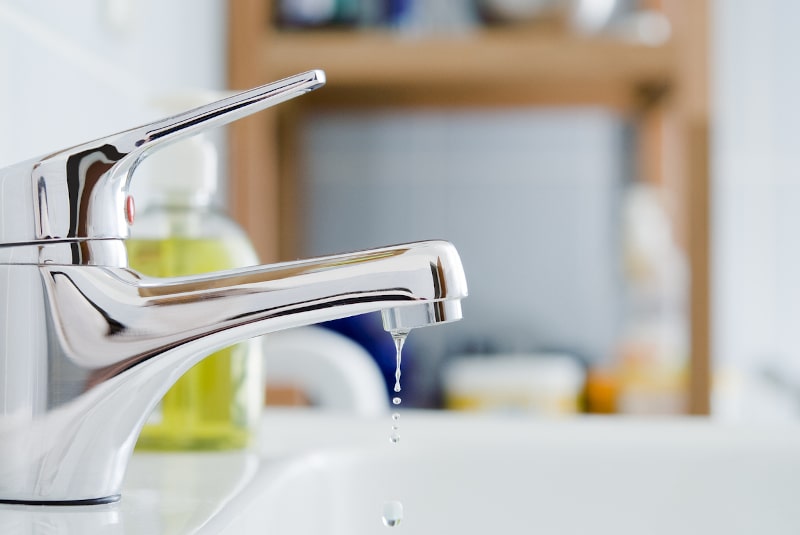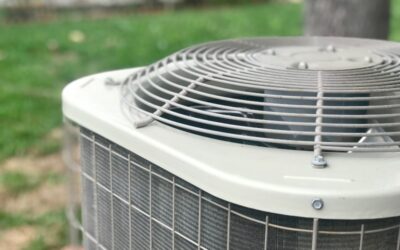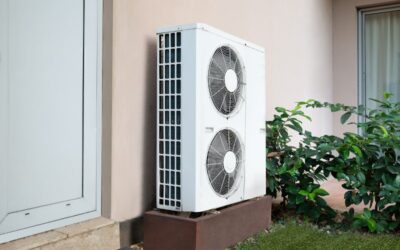Hard water is common in Odessa, TX. That doesn’t mean it’s something you have to deal with, though. A water softener improves water quality, eliminating harmful excess minerals. In this article, we discuss what function water softeners serve, how they work and the benefits they provide.
What’s Hard Water?
Hard water isn’t really hard like ice, but it does create problems easily rectified with a water softener and filtration system. Hard water contains a minimum specified amount of minerals like calcium, magnesium and lime. The following signs indicate your home probably has hard water:
- Toilet and tub have ugly brown stains.
- Pipes frequently clog.
- Clothes don’t get very clean.
- You have itchy, dry skin.
- Appliances wear out quickly.
These problems are due to the calcium and magnesium in the water. These minerals have a chemical structure that allows their ions to easily bond with metals, creating tangible problems you can see like soap scum and rusty-looking spots in the tub. Pipes also clog and crack over time due to mineral deposits, leading to costly repairs.
Effects of Hard Water
Hard water is a nuisance that causes problems like rusty stains inside bathtubs, toilets and sinks. It causes spots on glassware and buildup of lime, calcium and other minerals inside pipes and appliances, but it doesn’t end there. Hard water is also a major culprit behind dry skin and hair and sometimes damages the inside of your pipes.
How Water Softeners Work
A water softener is a water filtration device that removes minerals from your water. It attaches right to your water supply to treat problems from the source, unlike a device like a kitchen faucet water filter.
Most water softeners use salt to soften water. Sodium ions attract excess ions of minerals like calcium and magnesium, removing them. This will stop buildup from clogging your pipes and appliances and lead to noticeable differences in skin and hair almost immediately.
Softer Skin and Hair
The chlorine and minerals in hard water strip skin and hair of their moisture and health. Soap also lathers more easily with softened water, making shampooing your hair easier and cleaner. This easy lathering translates to less shampoo and body wash used, saving money and the environment at the same time.
Longer-Lasting Appliances
The minerals in hard water do a number on many of your appliances, including your washer, shower head and coffeemaker. The minerals build up inside appliances, damaging and causing them to die a slow death unless descaled in time. Chlorine does damage as well, causing rubber parts like seals to dry out and need replacing faster than if you installed a water filtration system.
Cleaner Dishes
Hard water makes it almost impossible to get those spots off your glassware, making them look dirty even after multiple runs through the dishwasher. These hard spots that appear pretty much anywhere water touches are actually residue left by the minerals in hard water depositing themselves each time you run the dishwasher. Your sink will be easier to clean as well since there won’t be a ring of soap scum coating it.
Less Cleaning Tasks
Hard water often causes a buildup of soap scum to accumulate all over your sinks and showers that appears as a rusty ring or discolored splotches. Scrubbing this residue off takes valuable time, plus it costs money to have all those cleaning supplies purchased. A water softener eliminates this problem, cutting out hours of work each month.
Hard water doesn’t have to keep interrupting your life and ruining your appliances. If a new water softener and filtration system are right for you, we’re the company for the job. Give (WTR) West Texas Refrigeration a call and ask us about our offering of water softeners.
Image provided by iStock




